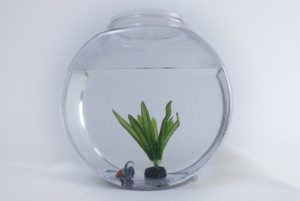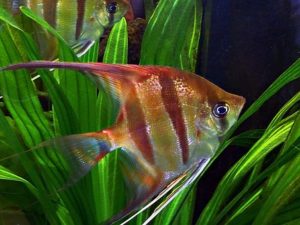What to Consider When Buying Goldfish Food
Goldfish is one of the popular pets that most people keep in their homes. It is a beautiful aquatic life that is adored by both kids and adults. The main issue, in this case, is to get the right food they should eat. It is advisable to give them the best food, but without knowledge, it will be difficult to make the right choice. It is not easy to select the right quality goldfish among the different options that are available on the market. If you choose the wrong food, then you are likely to run your goldfish’s appetite. Moreover, it can cause the death of the fish. The following are essential things to consider when choosing the best goldfish food.
Size
 You need to find the right size of the food you are feeding your goldfish. Ensure the size you choose is adequate to avoid choking your fish. Thus, before purchasing any food, you should the size of pellets or flakes properly. It ought to fit the goldfish’s mouth.
You need to find the right size of the food you are feeding your goldfish. Ensure the size you choose is adequate to avoid choking your fish. Thus, before purchasing any food, you should the size of pellets or flakes properly. It ought to fit the goldfish’s mouth.
Nutrition
You have to ensure that the food you give to your goldfish provides proper nutrition. This is vital for their survival. The food should contain proper nutrients and minerals to ensure your fish have a healthy and long life. For instance, food that contains proteins help increases the growth rate of the fish. It should not contain fillings and harmful elements.
Easy to Digest
It is a good idea to choose food that gets absorbed quickly into the fish’s body. Moreover, it will aid in the digestion of the food. Remember that goldfish do not have a stomach. Thus, their food ought to easy to swallow and also digest.
Cleanliness
 The right food you choose should not contain artificial flavors or colors. This is because they can have harmful effects on the fish. Also, it is a good idea to select food that does not create a lot of waste in the water. Moreover, it should not generate any cloud or coloration in the water.
The right food you choose should not contain artificial flavors or colors. This is because they can have harmful effects on the fish. Also, it is a good idea to select food that does not create a lot of waste in the water. Moreover, it should not generate any cloud or coloration in the water.
Dietary Requirements
Remember that goldfish are herbivores in nature. This explains why there is a need to have organic plants and vegetables as their main diet food. To some extent, they are omnivores too. Thus, they can feed on shrimps, tiny insects, and fish. You have to ensure that their diet contains less than 40% proteins. If you feed them with a lot of proteins, you may make your fish sick.…

